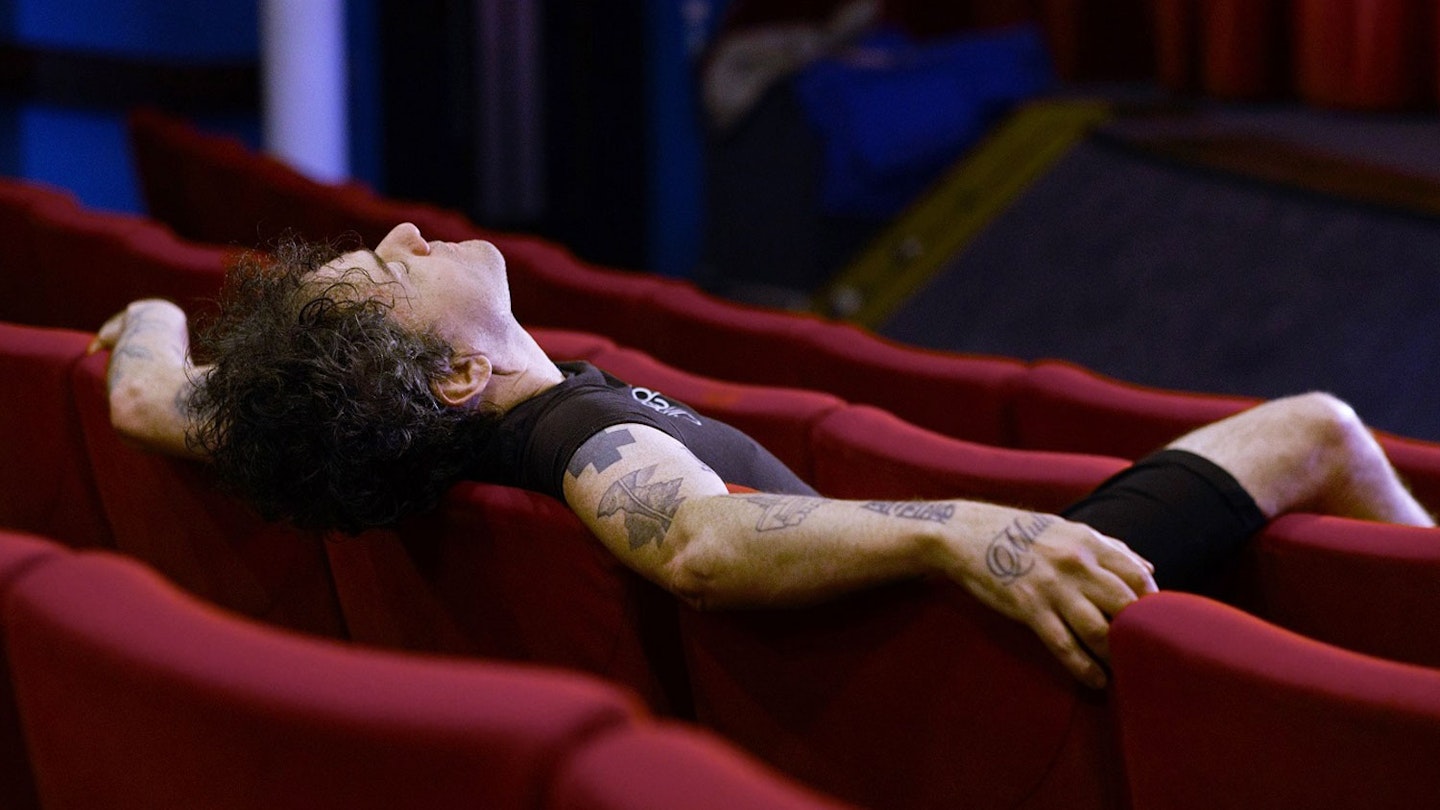Mark Cousins is a bridge between filmmaking and film criticism. Whereas most feel pressured to pick one side or the other, in the decade since The Story Of Film: An Odyssey, Cousins has established himself as a scholar who comments on the form by creating heartfelt essay films narrated in his distinct-to-the-point-of-parody style. Works have included the self-explanatory A Story Of Children And Film, an ode to his divided hometown I Am Belfast, and this year’s deeply personal The Story Of Looking, inspired by the threat of losing his eyesight.

Apropos of cinemas reopening since being shut during the pandemic, Cousins has updated his most celebrated work. The result is a less complete yet still intoxicating tribute that focuses on films that have pushed cinematic boundaries over the last 21 years, excerpting brief, pointed clips as his honeyed voice explains their significance. Visual pleasures abound, for he has a flair for match-cutting edits between films made decades apart to illustrate, for example, how the opening of Patricio Guzmán’s The Pearl Button echoes Stanley Kubrick’s 2001: A Space Odyssey. Time melts away as images speak to each other across decades.
Cousins’ scholarship draws from high and low, commercial and arthouse, Hollywood, Bollywood and Wakaliwood, and he tips his hat to the films that both homage and overturn the first 100 years of cinema. If there is a thesis binding together what is designed to feel like a stream-of-consciousness dreamscape, it is the awareness that to be truly original, cinema in the 21st century must subvert what came before. This extends to who is behind the camera directing our gaze. Cousins loosely structures his observations into chapters on comedy, musicals, bodies, horror, slow cinema, the surreal and VR, before jumping off into extracts of films that serve to synthesise all that he finds thrilling about the next generation. In two words: Jordan Peele.
